IMF exposes Pakistan’s real indebtedness
To qualify for the IMF’s latest bailout, Pakistan has had to share accurate information on its economy including its debt to China. This confirms the speculation of Pakistan’s gigantic indebtedness to China.
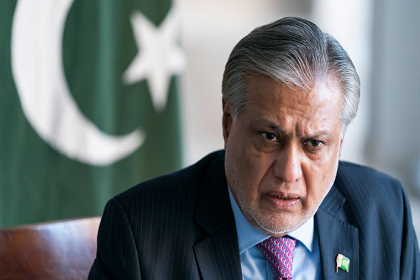 Courtesy: The Week
Courtesy: The Week
To qualify for the IMF’s latest bailout, Pakistan has had to share accurate information on its economy including its debt to China. This confirms the speculation of Pakistan’s gigantic indebtedness to China.
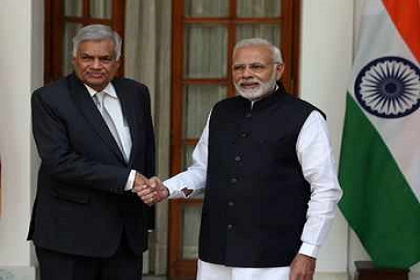 Courtesy: The Times of India
Courtesy: The Times of India
On July 21, Sri Lankan President Ranil Wickremesinghe is set to visit for the first time since taking office. India has already provided $5 billion in economic assistance to Sri Lanka, and is now looking to expand its investment in the nation. Sri Lanka is also seeing interest from Indian private investment. The visit presents an opportunity for the two countries extend this relationship in new areas of cooperation, especially energy, infrastructure, and tourism.
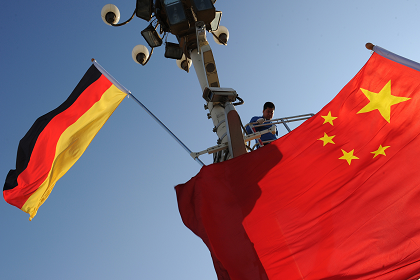 Courtesy: Deutsche Welle (DW)
Courtesy: Deutsche Welle (DW)
On July 13, the German cabinet approved its Strategy on China after nearly two years of internal discussions. The new strategy simultaneously views China as a “partner, competitor, and systemic rival”, calling for de-risking German economic dependence on China, while also expanding cooperation with other countries in the Indo-Pacific region.
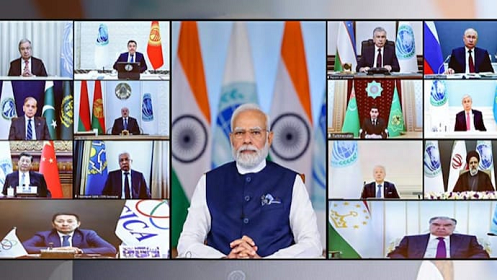 Courtesy: India Today
Courtesy: India Today
The Shanghai Cooperation Organisation's growing importance is seen in the numerous new applicants waiting in line for membership. The 23rd SCO Summit hosted by India on July 4 saw progress in areas like digital transformation and economic cooperation. However, timidity in acting on foundational issues like anti-terrorism reflects the internal contradictions and tensions within member states - a continuing challenge for SCO.
 Courtesy: Gateway House
Courtesy: Gateway House
Mexico has followed Prime Minister Modi’s visit to the U.S.,and sees an opportunity to partner with India. Geopolitically, as a global south country with shared interests in peace, security and sustainable development; regionally, as part of the supply chain and export gateway to the U.S.; strategically as a diplomatic platform with a pragmatic narrative that privileges mutual interests.
 Courtesy: Gateway House
Courtesy: Gateway House
Supply chains are central to the new chapter of India-U.S. relations. Simultaneously, China-centric global supply chains, which underpinned East Asia’s prosperity, are changing as multinationals re-assess risks in the post-Covid era. Is the shift to India and the rest of South Asia occurring? This paper finds that South Asia supply chain pessimism could be changing, and India can spread gains through regionalising supply chains in its neighbourhood.
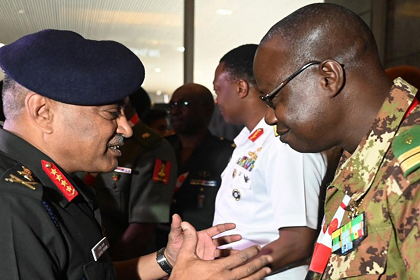 Courtesy: The Hindu
Courtesy: The Hindu
India’s rise as a global player is linked to the kind of relationship it enjoys with African countries, especially as the latter is undergoing demographic, political, and socioeconomic transitions. A new report on the India-Africa partnership recommends a resilient ‘Africa policy’ that will collectively enhance diplomatic, defense, cultural, and developmental collaboration between the two countries.
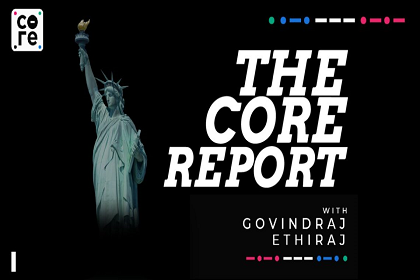 Courtesy: The Core Report
Courtesy: The Core Report
Manjeet Kripalani, Executive Director, Gateway House, spoke with Govindraj Ethiraj at The Core on the opportunities for Indian business in engagements with the U.S. There are many opportunities for Indian companies to leverage the increased Indo-U.S. bonhomie, including in capacity building, technology flows, and knowledge transfer.
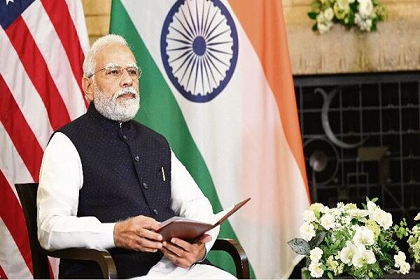 Courtesy: Mint
Courtesy: Mint
The Russian reaction to the highly successful visit of Prime Minister Narendra Modi to Washington D.C, has been largely balanced. Russians appreciate India’s need for top technology and investments, but also note that Delhi has done so without compromising its strategic autonomy.
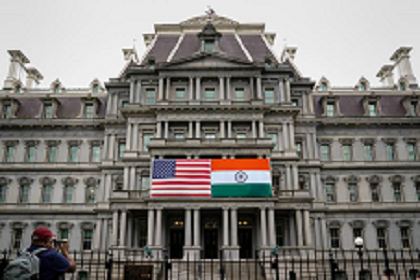 Courtesy: Foreign Policy
Courtesy: Foreign Policy
Prime Minister Narendra Modi's third visit to the U.S., set against the backdrop of a changing world order, will be in a U.S. that is different from the one he visited in 2014, internationally and domestically. While accepting U.S. largesse, India must offer the U.S. things of value too. These include affordable healthcare, digitalisation, multilateral engagement and collaborations with the Global South.